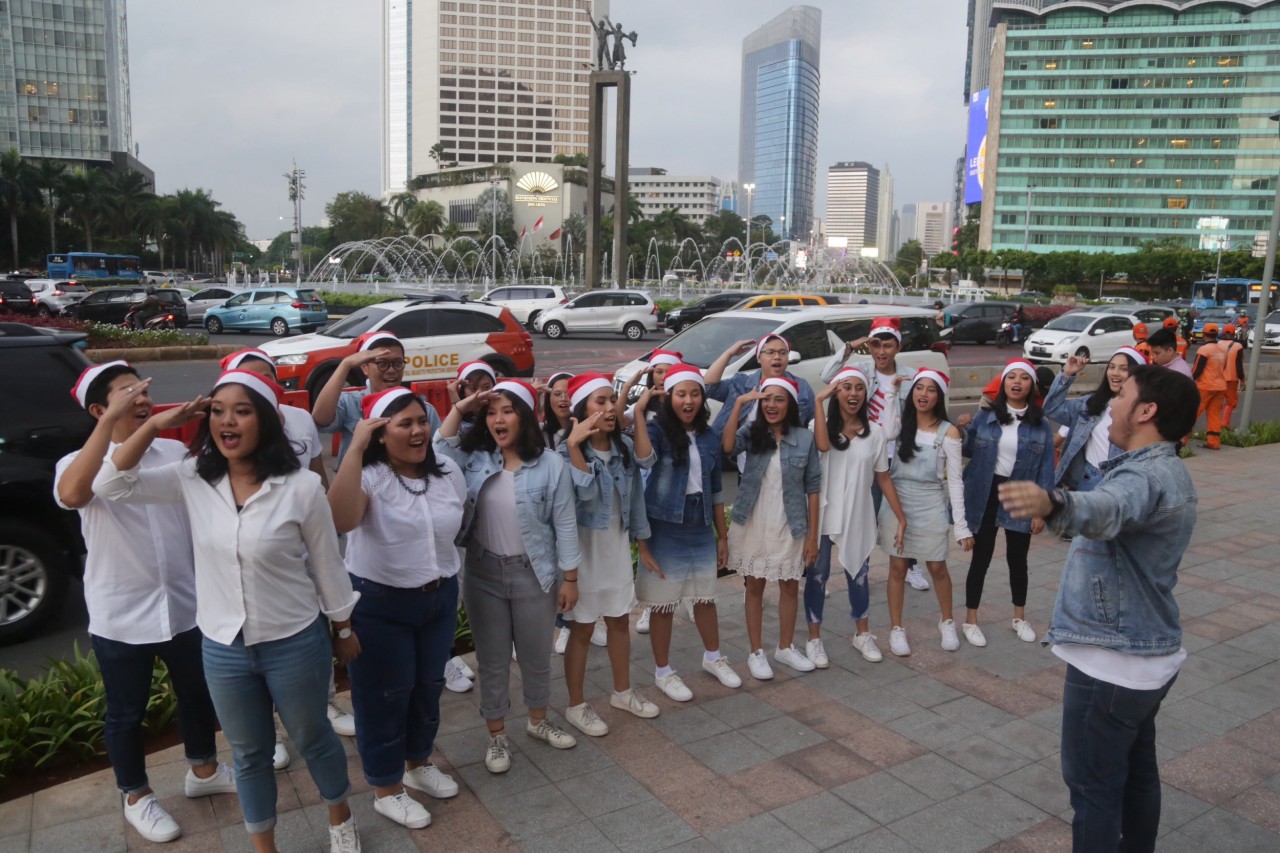
Discrimination against and restriction of minority groups have long characterized civilization all over the world. The practice becomes a norm under authoritarian regimes and unfortunately also happens in democracies like Indonesia, albeit in a subtle way.
A nation that boasts of pluralism as its strength, Indonesia has just witnessed yet more displays of the state condoning depriving minority groups of their freedom of religion. Unlike many Christians in other parts of the country, celebrants in Sungai Tambang village in Sijunjung regency and Jorong Kampung Baru in Dharmasraya regency in the predominantly Muslim province of West Sumatra have been asked not to hold Christmas services in their neighborhoods, but only in their own homes without inviting any others.
Both the local government and police say they can do nothing about the restriction, as it is part of a decades-long consensus between the migrant Christian and local Muslim communities. The members of the minority group have been accepted as residents, but cannot hold religious services or prayers in the villages, according to the claimed consensus.
The unmerry Christmas for the minority Catholics and Protestants in the two West Sumatra regencies (the Pusaka Foundation, which advocates for minority rights, has found similar restrictions in two other regencies in West Sumatra) may be just an anomaly in interfaith relations in Indonesia, the world’s largest Muslim-majority country known for its moderate Islam.
However, the government and mainstream Islamic organizations like Nahdlatul Ulama and Muhammadiyah cannot just sweep the grievances of the religious minority groups in West Sumatra and elsewhere in the country under the rug for the sake of stability and peace. Their condemnation of the injustices befalling minority Muslims in other parts of the world will remain unheard unless they prove their commitment to minorities at home.
The National Commission on Human Rights, as well as other human rights groups, has deemed the restrictions in West Sumatra violations of the right to religion. The commission has also suggested that the local government provide a building to enable the minority Christians to celebrate Christmas and that the local police ensure the celebration can run untroubled. As reported in the media, however, the recommendations have been ignored.
Violations of minority rights that remain unabated is a challenge for Indonesian democracy. The Constitution clearly protects freedom of religion for all, but the government seems too afraid of hurting the majority that it chooses to ignore the minority rights as evident in its refusal to revoke the Joint Ministerial Decree on the Establishment of Places of Worship and the ban against the Ahmadiyah group. The state’s favoritism toward the majority has prevented minority religious groups from building their houses of worship and kept hundreds of Ahmadis from their homes.
Clearly majoritarianism sells, especially as a way to gain or preserve power as we have seen in many regional elections and state policy making, but its impacts will be as damaging as those inflicted by a dictatorship of the minority to our democracy.
As Muhammadiyah chairman Haedar Nashir has stated, the restriction of Christmas services in West Sumatra is only a small flame, but it will easily escalate if the state does nothing to put it out.
https://www.thejakartapost.com/academia/2019/12/23/unmerry-christmas.html
2019-12-23 01:24:11Z
CBMiSWh0dHBzOi8vd3d3LnRoZWpha2FydGFwb3N0LmNvbS9hY2FkZW1pYS8yMDE5LzEyLzIzL3VubWVycnktY2hyaXN0bWFzLmh0bWzSAU1odHRwczovL3d3dy50aGVqYWthcnRhcG9zdC5jb20vYW1wL2FjYWRlbWlhLzIwMTkvMTIvMjMvdW5tZXJyeS1jaHJpc3RtYXMuaHRtbA
Bagikan Berita Ini














0 Response to "Unmerry Christmas - The Jakarta Post - Jakarta Post"
Post a Comment